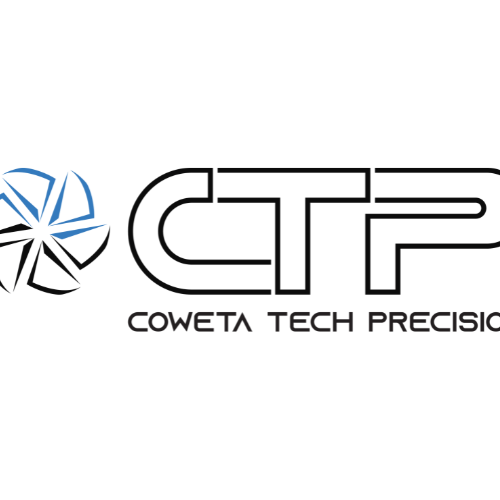The Science Behind the PSYCH-K® Experience: Fact or Fiction?

Introduction
PSYCH-K® has gained considerable attention as a method for shifting subconscious beliefs to promote mental and emotional well-being. Proponents claim it is a powerful tool for reprogramming the mind, while skeptics question its scientific validity. So, is PSYCH-K® based on science, or is it just another self-help trend without empirical backing? In this article, we explore the principles behind PSYCH-K® experience, analyze existing scientific research, and evaluate its effectiveness from both anecdotal and academic perspectives.
Understanding PSYCH-K®
Developed in the late 1980s by Rob Williams, PSYCH-K® is a process designed to facilitate change at the subconscious level. It incorporates elements from psychology, neuroscience, and ancient spiritual practices. The core premise of PSYCH-K® is that limiting subconscious beliefs can be rewritten through specific balancing techniques, allowing individuals to align their thoughts with their conscious desires.
How It Works
PSYCH-K® sessions typically involve:
- Muscle testing (applied kinesiology) to identify subconscious beliefs
- Whole-brain integration techniques to facilitate belief change
- Affirmations and goal-setting
- A process called “balance” to rewire subconscious programming
Advocates argue that these methods help individuals reframe negative beliefs, reduce stress, and enhance performance in various aspects of life.
Scientific Perspective: What Does the Research Say?
Neuroscientific Basis
PSYCH-K® claims to leverage whole-brain integration, which involves activating both hemispheres of the brain to enhance cognitive function and belief transformation. Research in neuroscience suggests that hemispheric synchronization can improve problem-solving and creativity. Techniques like bilateral stimulation, as seen in Eye Movement Desensitization and Reprocessing (EMDR), show that engaging both hemispheres can aid in trauma resolution. However, direct studies linking PSYCH-K® with neuroplasticity or long-term belief modification remain limited.
Muscle Testing Controversy
A significant part of the PSYCH-K® process involves muscle testing, which is also used in applied kinesiology. Critics argue that muscle testing is subjective and susceptible to confirmation bias. Scientific studies on applied kinesiology have yielded mixed results, with some showing no measurable effect beyond placebo.
Placebo Effect and Self-Perception
Many reported benefits of PSYCH-K® align with the placebo effect, where belief in the effectiveness of a treatment leads to actual improvements. Placebo effects are well-documented in psychology and medicine, indicating that belief alone can influence well-being. While this does not disprove PSYCH-K®, it suggests that its effectiveness may be tied to an individual’s perception rather than a scientifically validated mechanism.
Testimonials vs. Empirical Evidence
Anecdotal Success Stories
Numerous individuals share testimonials of profound changes after PSYCH-K® sessions, including reduced anxiety, improved relationships, and greater self-confidence. While these accounts provide valuable insight into personal experiences, they do not constitute scientific proof.
Need for Peer-Reviewed Studies
Currently, there is a lack of peer-reviewed research specifically examining PSYCH-K®. Scientific validation requires controlled studies to determine whether observed changes are due to the process itself or external factors.
Conclusion: Fact or Fiction?
PSYCH-K® presents intriguing concepts that align with emerging research on belief systems, neuroplasticity, and mind-body connections. However, without rigorous scientific studies, it remains in the realm of alternative therapy rather than established psychology. While many people report positive experiences, the question remains whether these effects stem from the technique itself or from placebo and self-suggestion.
For those considering PSYCH-K®, an open mind is essential. It may not yet have strong empirical backing, but if it provides meaningful benefits to individuals, it could be a valuable tool for personal growth. Further research is needed to bridge the gap between anecdotal success and scientific validation.


 English
English 




































































































































































































































































































































































































































































































































































































































































































































































































































































































































































































































































































































































































































































































































































































